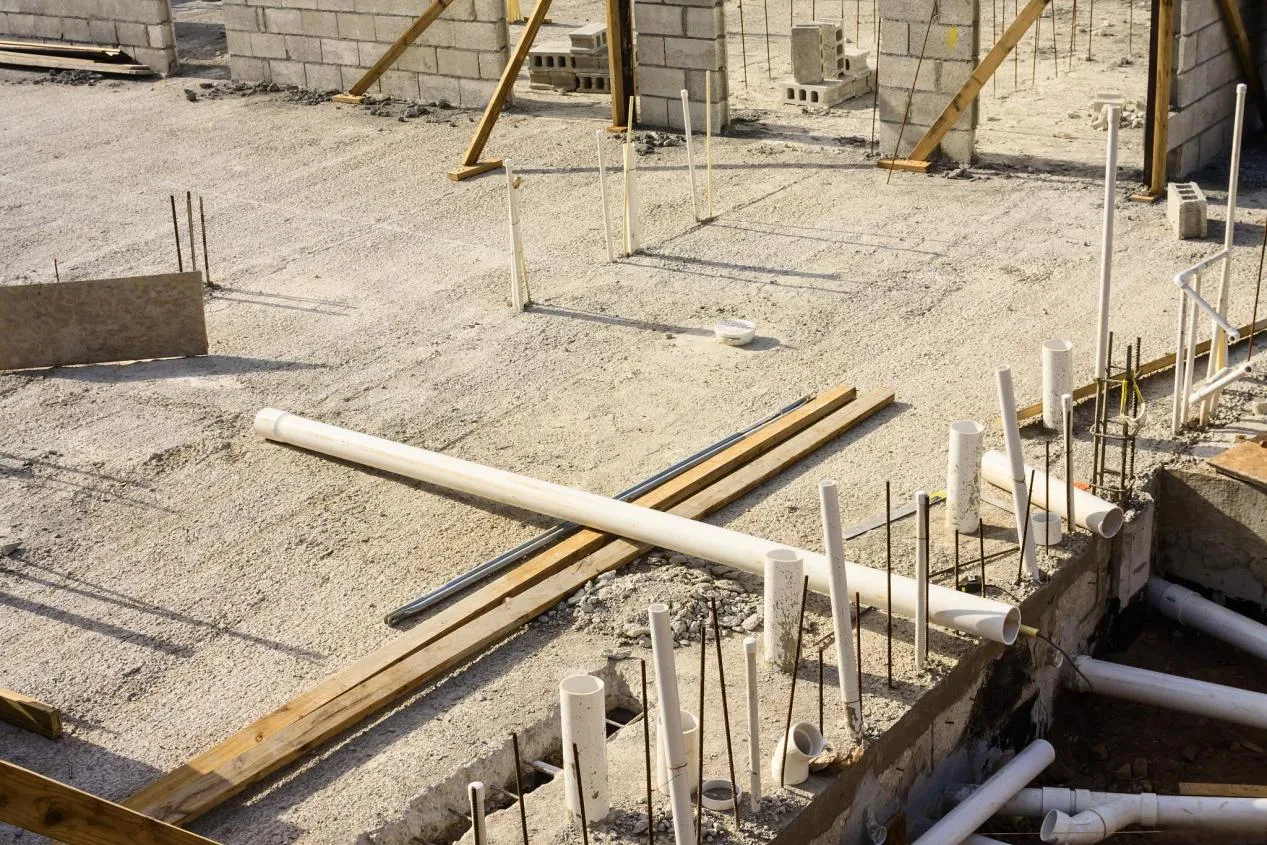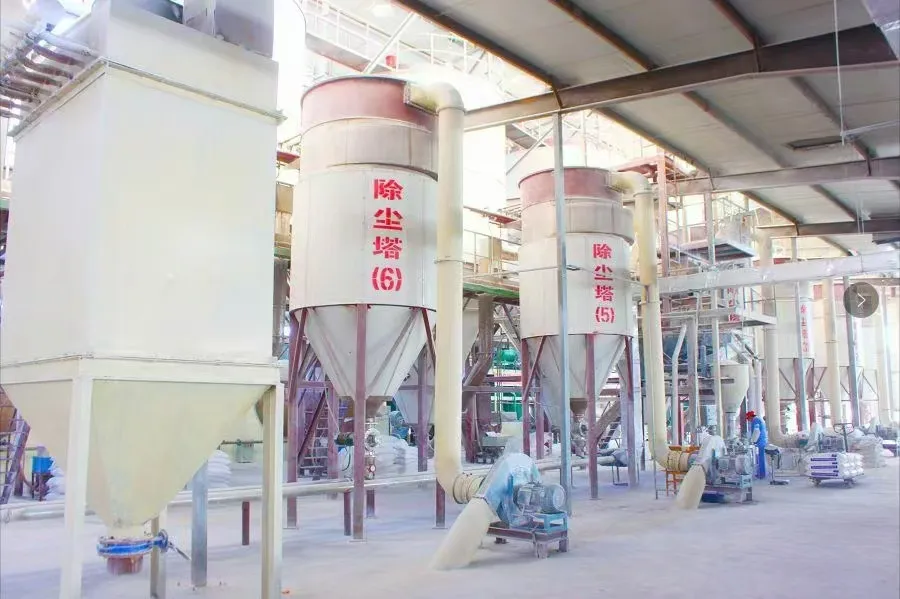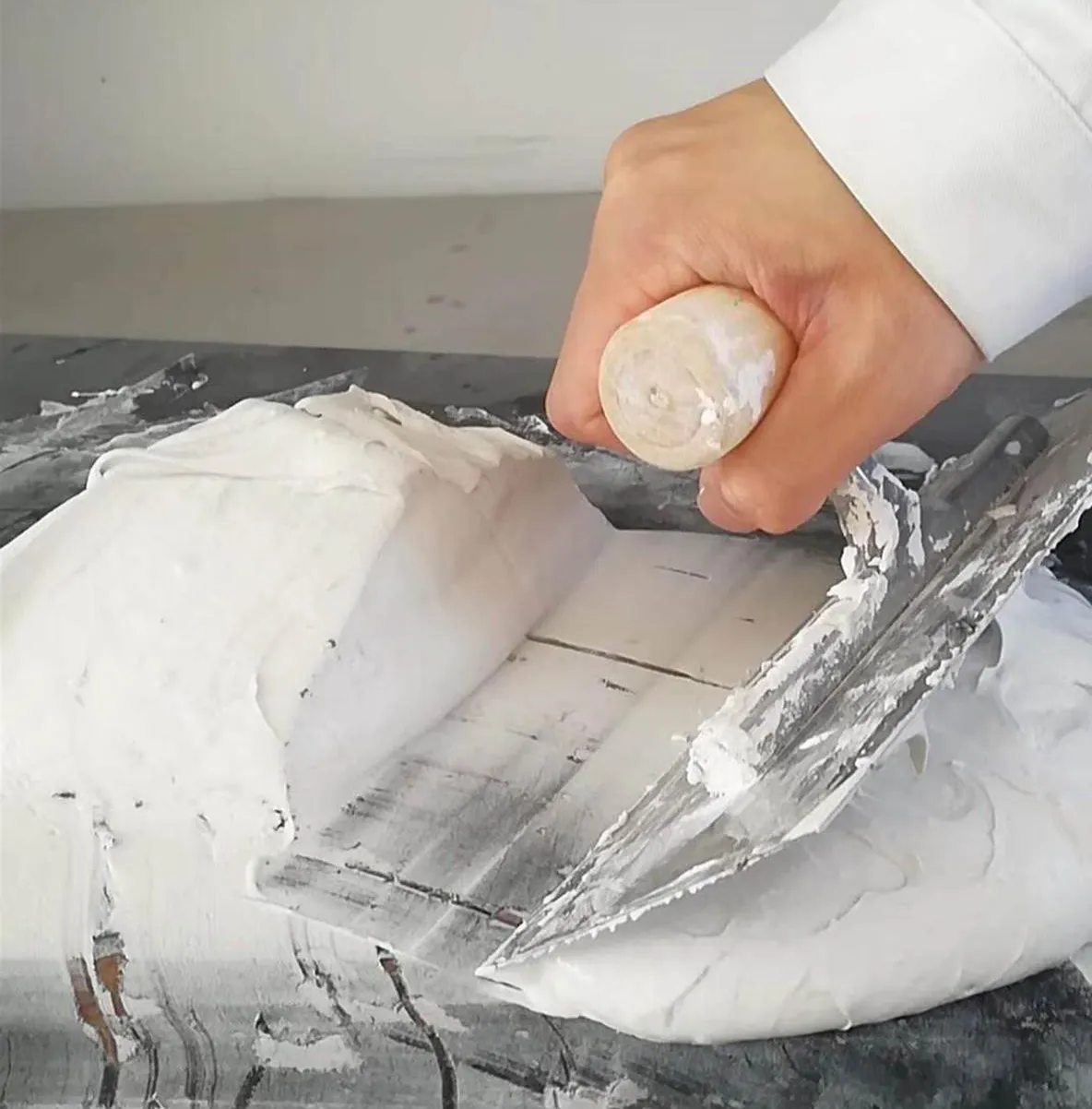
Understanding Redispersible Polymer Powder: Types, Market Trends, and Manufacturer Insights
Redispersible polymer powder (RDP) is a crucial additive widely used in construction materials such as tile adhesives, external insulation systems, self-leveling compounds, and repair mortars.

What Are the Main Redispersible Polymer Powder Types?
The performance-enhancing benefits of this powder — such as flexibility, adhesion, water resistance, and durability — have made it a staple in the modern building industry.
There are several redispersible polymer powder types, each tailored for specific application requirements. The most commonly used include:
Vinyl Acetate-Ethylene (VAE) copolymers
Vinyl Acetate-Versatate (VA/VeoVa) copolymers
Acrylic-based RDPs
Styrene-Butadiene RDPs
Ethylene-Vinyl Chloride (EVC) types
Each type differs in mechanical properties such as flexibility, open time, tensile strength, and hydrophobicity, allowing manufacturers to customize formulations depending on whether the final product is for indoor tiling, external insulation, or waterproofing applications.
For further basic understanding, readers often refer to redispersible polymer powder wiki entries or seek redispersible polymer powder Wikipedia pages, which offer general knowledge. However, for technical specifications, it is advised to consult product data sheets or certified suppliers.

Market Overview and Global Trends
O redispersible polymer powder market share is expanding rapidly due to increasing demand for energy-efficient and durable construction solutions. According to industry reports, the Asia-Pacific region — particularly China and India — dominates the market due to its booming infrastructure development. Europe and North America follow, with increasing focus on green building materials and renovation activities.

Key factors driving the market include:
Growth in the construction industry
Rise in renovation and repair projects
Demand for lightweight, sustainable building solutions
Expansion of manufacturing capacity by major suppliers
The global redispersible polymer powder price is influenced by raw material costs (e.g., vinyl acetate monomer), transportation, demand-supply dynamics, and region-specific regulations. In 2025, prices are projected to remain stable but may fluctuate based on feedstock availability and shipping costs.
To stay competitive, redispersible latex powder manufacturers are focusing on product innovation, environmental compliance, and enhanced R&D to develop specialty RDPs with unique functions such as quick-setting, improved flexibility, and reduced environmental impact.
Choosing the Right Manufacturer for Your Needs
Selecting a reliable RDP supplier is essential for maintaining consistent product quality. Leading redispersible latex powder manufacturers often provide:
ISO-certified production facilities
Technical support and formulation advice
Custom solutions based on end-use needs
Competitive redispersible polymer powder price structure
Before making a purchase, it's important to assess the manufacturer’s production technology, supply stability, packaging options, and after-sales service. For industrial buyers, understanding the specifications of redispersible polymer powder RDP — including particle size, ash content, and film-forming temperature — helps ensure compatibility with their formulations.
Whether you’re formulating wall putty, tile adhesive, or self-leveling floor compounds, choosing the right redispersible polymer powder type can significantly influence final product performance.
FAQ: Redispersible Polymer Powder
1. What is redispersible polymer powder used for?
Redispersible polymer powder is primarily used in dry-mix mortar applications such as tile adhesives, wall putty, self-leveling floors, and thermal insulation systems. It enhances workability, adhesion, flexibility, and water resistance.
2. How do I choose between different redispersible polymer powder types?
Choose based on the end-use application:
Use VAE-based types for general flexibility and adhesion.
Use Acrylic-based types for superior weather resistance.
For waterproofing, opt for Styrene-Butadiene RDPs.
3. Who are the top redispersible latex powder manufacturers?
Some leading global redispersible latex powder manufacturers include Wacker Chemie AG, VINAVIL, Dairen Chemical Corporation, and AkzoNobel. In China, suppliers like Shandong Xinyang, Ashland, and Hebei Nuoyuan Tech are prominent in the market.
4. Where can I find redispersible polymer powder market share data?
You can find up-to-date redispersible polymer powder market share analysis in industry reports from sources like MarketsandMarkets, Grand View Research, and Statista. These platforms provide regional breakdowns, growth forecasts, and competitor analysis.
5. What factors affect redispersible polymer powder price?
Redispersible polymer powder price is affected by raw material costs (especially vinyl acetate), production volume, supply chain logistics, and import/export tariffs. Bulk purchases and local sourcing can reduce costs significantly.
-
Hydroxypropyl Starch as a Sustainable Construction AdditiveNewsNov.24,2025
-
The Gelation Properties of CMCNewsNov.21,2025
-
Redispersible Latex Powder and Water Retention CapacityNewsNov.21,2025
-
Dosage Control for Polycarboxylate Water ReducerNewsNov.21,2025
-
Film-Forming Properties of Polyvinyl AlcoholNewsNov.21,2025
-
The Function of Gypsum Additives in MortarNewsNov.21,2025





















